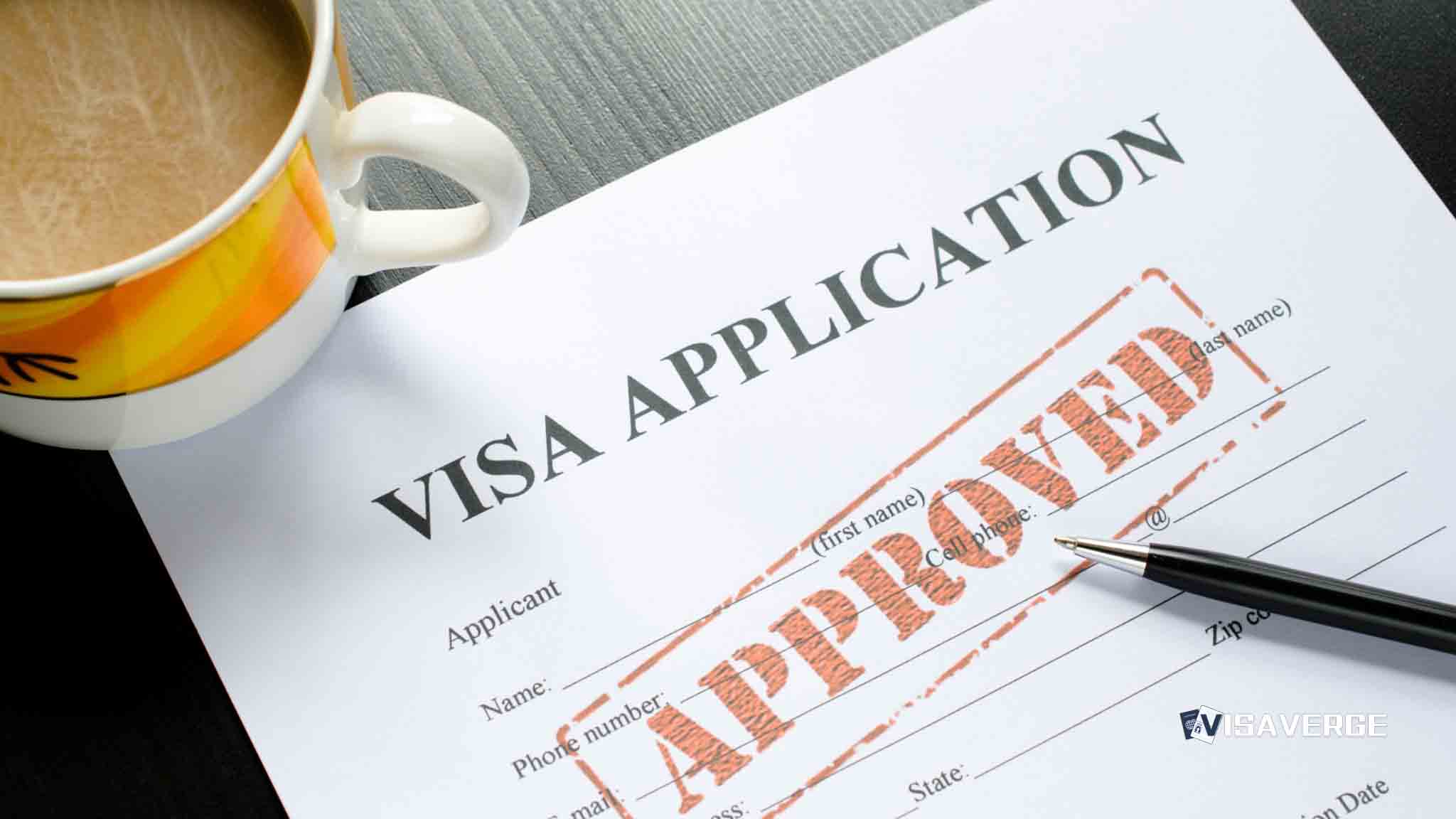(UNITED STATES) As of October 1, 2025, most USCIS operations continue during a government shutdown because the agency is primarily funded by application fees, not annual congressional appropriations. That includes case intake and adjudication for the E-2C CNMI-Only Investor category, a nonimmigrant status unique to the Northern Mariana Islands (CNMI).
Petitions already on file keep moving, and USCIS accepts new filings. However, applicants should expect possible slowdowns when a case needs input from agencies that do rely on appropriations.

What stays operational during a shutdown
- USCIS case processing remains open. E-2C applications and extensions continue because they are fee-based. Paper filings are receipted, electronic filing portals function, and adjudicators keep working the queue.
- New filings are accepted. Applicants can still file Form I-129, Petition for a Nonimmigrant Worker, with the E-1/E-2 classification supplement for the E-2C CNMI-Only Investor request. USCIS states it will keep taking in forms and fees during a funding lapse. You can find
Form I-129on the USCIS site here: Form I-129, Petition for a Nonimmigrant Worker. - Status extensions remain available. By regulation and policy, E-2C status is extendable in two-year increments until December 31, 2029. To request more time, file a new
Form I-129with the E-1/E-2 supplement (“Supplement E”) and required evidence. USCIS explains the E-2C program on its official page: CNMI-Only Investor (E-2C).
USCIS has not announced any E-2C-specific shutdown halt. The E-2C program remains in place, with the sunset date set by law. Applicants may continue to plan filings and extensions, provided they meet eligibility rules and submit the correct forms and fees.
Where delays commonly occur
While USCIS operations are generally stable during a funding lapse, a shutdown can ripple through other parts of the immigration system:
- Department of State consular services
- If an E-2C investor applies abroad for an E-2 visa, consular posts may scale back services depending on funding and local conditions.
- This can slow visa interviews or issuance. Inside the CNMI, USCIS-filed extensions are less likely to feel this pinch, but any case requiring consular processing could see delays.
- Data checks involving other agencies
- Some security or identity checks require support from entities that are not fee-funded.
- If those partners reduce staffing, a case could pause until the check clears.
- E-Verify outages
- Employer programs that rely on congressional appropriations, such as E-Verify, have paused during past shutdowns.
- When that happens, employers might face onboarding workarounds set by the Department of Homeland Security. That can indirectly affect start dates but not the underlying E-2C adjudication.
- USCIS has historically issued guidance on handling I-9 and E-Verify timing during funding lapses.
According to analysis by VisaVerge.com, these indirect effects are the most common real-world issues during a funding gap: USCIS keeps moving, yet a single step outside its walls can slow the overall timeline.
Practical planning advice for E-2C investors and employers
For E-2C investors and employers, incorporate contingency planning into timelines:
- File early when possible. Even though USCIS is processing, extra time helps if your case requires agency coordination.
- Keep travel flexible. If consular services slow down, rescheduling may be needed.
- Monitor USCIS alerts. The agency posts updates on service availability, form editions, and fee changes.
- Prepare clean, complete filings. Missing documents cause avoidable Requests for Evidence (RFEs) that extend timelines.
- Communicate with workers and families about possible delays outside USCIS control.
Filing and documentary requirements (summary)
- To extend or obtain E-2C status, submit:
- A new
Form I-129with the E-1/E-2 supplement (“Supplement E”) - Proof of continued investment and enterprise activity
- Required filing fees
- A new
- USCIS accepts filings and continues adjudications during a shutdown. The official
Form I-129page is here: Form I-129, Petition for a Nonimmigrant Worker. - Confirm you are using the latest USCIS forms and instructions. Filing with outdated editions can trigger rejections.
- For program-specific eligibility, evidence, and filing directions, see USCIS: CNMI-Only Investor (E-2C).
Important reminders and warnings
Fee-funded processing at USCIS means its doors largely stay open even when other parts of the federal government close. That design shields many immigration benefits from sudden stops and protects applicants from missing hard deadlines.
- The E-2C timeline can stretch if a case requires steps handled by agencies operating with reduced staff. These indirect effects do not change eligibility or the legal ability to apply, but they can affect planning and business operations in the CNMI.
- The E-2C pathway remains extendable in two-year steps until December 31, 2029. That end date is fixed in law.
Final practical checklist
- Calendar filing windows and set reminders well before current authorizations expire.
- Collect business records and evidence early.
- Seek legal guidance if travel or consular processing is planned during a funding gap.
- For official program information, rely on USCIS pages: CNMI-Only Investor (E-2C) and Form I-129, Petition for a Nonimmigrant Worker.
Applicants should follow the agency’s posted instructions and the current edition of Form I-129 to avoid rejections or delays.
Frequently Asked Questions
This Article in a Nutshell
As of October 1, 2025, USCIS continues processing fee-funded applications, including E-2C CNMI-Only Investor petitions and extensions. Applicants may file new Form I-129 petitions with the E-1/E-2 supplement and required fees; adjudicators will continue to receipt and process cases. E-2C status is extendable in two-year increments until December 31, 2029. Nevertheless, delays can arise when cases require support from appropriations-funded entities — notably Department of State consular services, interagency security checks, or E-Verify — which may reduce staffing during a shutdown. Investors and employers should file early, prepare complete evidence, monitor USCIS alerts, and build contingency plans for consular or interagency slowdowns.












